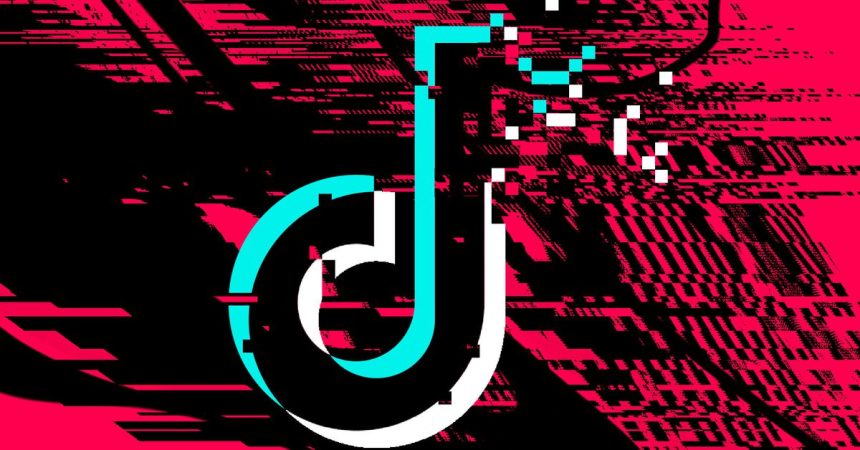The fate of TikTok in the United States remains uncertain, caught in a complex web of legal and political maneuvering. While the app has seen a partial resurgence, its future availability hinges on the evolving interpretations of executive orders and the ongoing negotiations between the involved parties. TikTok’s predicament began with concerns over national security and data privacy, leading to executive orders effectively banning the app from US app stores. These orders, signed by former President Trump, aimed to address the perceived threat posed by TikTok’s Chinese ownership, specifically ByteDance, and the potential access the company had to user data.
The initial ban triggered a frantic scramble by TikTok to secure a US-based partner to alleviate these concerns. This led to a proposed deal involving Oracle and Walmart, which would have seen them taking a significant stake in a newly formed TikTok Global entity. However, this deal faced numerous hurdles and never fully materialized. The legal challenges mounted, with court injunctions temporarily blocking the ban’s enforcement, highlighting the complexities of balancing national security concerns with free speech and economic considerations.
Amidst this legal battle, TikTok announced on Sunday that it was “in the process of restoring service,” a statement that reflected the fragmented and uncertain nature of the situation. While the app did reappear for some users, it remained unavailable in the App Store and Google Play for many others. The app stores displayed messages indicating the ongoing legal restrictions, further emphasizing the precarious nature of TikTok’s availability. The disparity in user access underscored the ongoing negotiations and the lack of a definitive resolution to the legal challenges.
TikTok attributed its partial restoration to an agreement with its service providers and framed it as a result of President Trump’s efforts. This statement, while vague, hinted at the political dimension of the situation and the role of the executive branch in influencing the app’s fate. However, the absence of official comments from the involved companies, including Oracle and Akamai, left much of the situation shrouded in ambiguity. The silence from these parties further complicated the understanding of the agreements reached and the extent of TikTok’s restoration.
The legal landscape surrounding TikTok’s operations remains complex. While President Trump’s statement about “no liability” for companies supporting TikTok offered a degree of reassurance, conflicting viewpoints from other government officials added to the uncertainty. Senator Tom Cotton’s warning about potential legal ramifications for companies facilitating TikTok highlighted the potential for significant financial penalties and legal battles. This conflicting messaging created a precarious environment for service providers like Oracle and Akamai, caught between the promise of presidential support and the threat of legal action.
The partial restoration of TikTok service represents a fragile equilibrium. The app’s future hinges on the ongoing legal battles, the interpretation of executive orders, and the delicate balance between national security concerns and the rights of businesses and users. The lack of clear communication from the involved parties, coupled with the evolving legal landscape, underscores the uncertainty surrounding TikTok’s long-term availability in the United States. The situation continues to evolve, with the ultimate resolution still awaiting the outcome of legal processes and political decisions.



